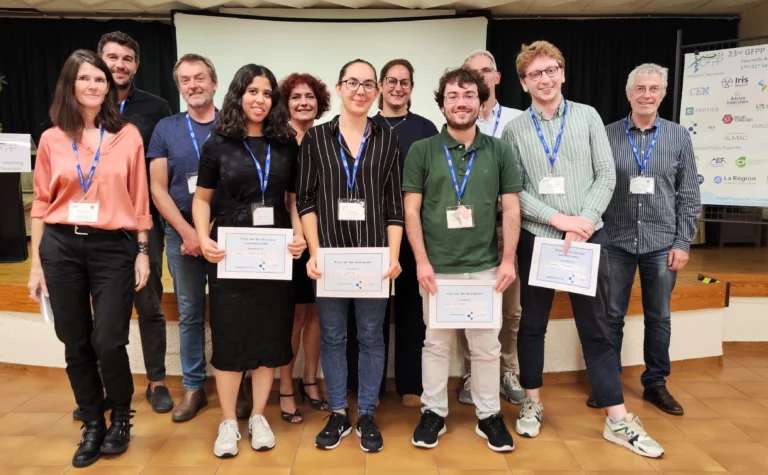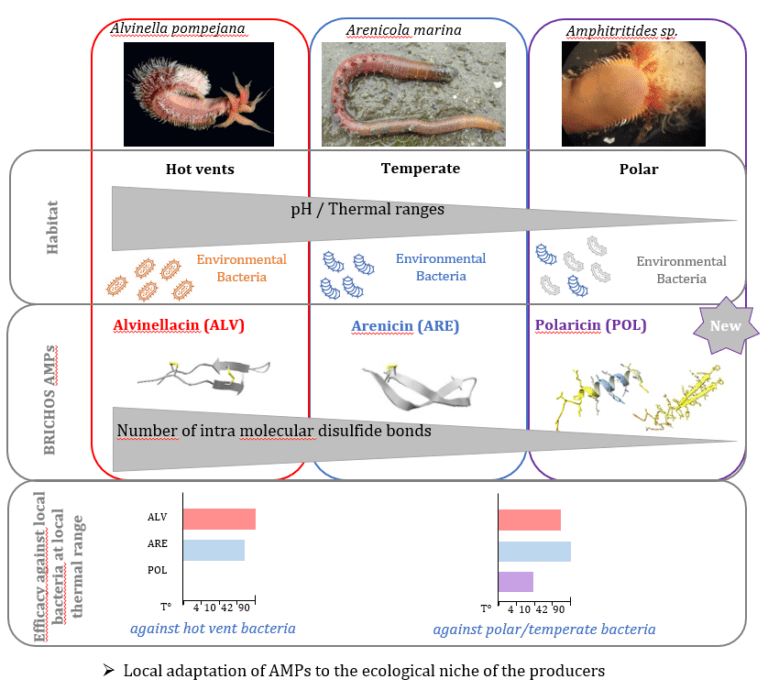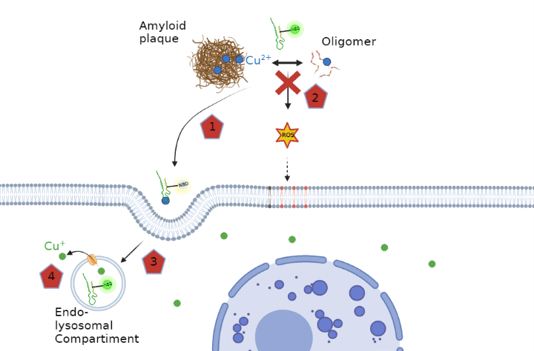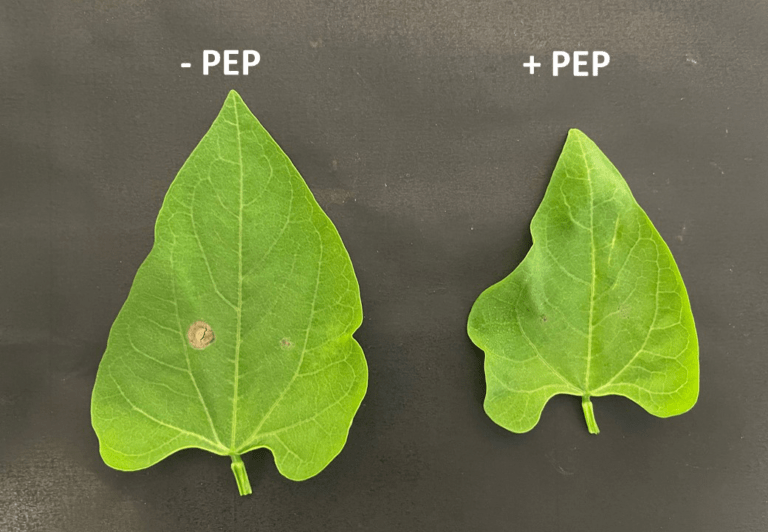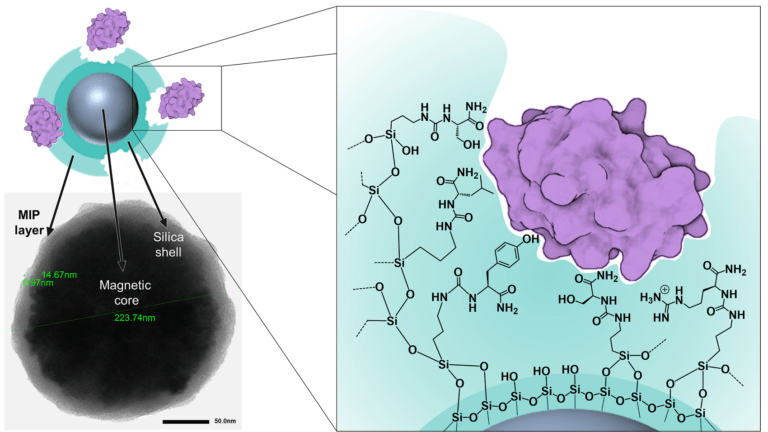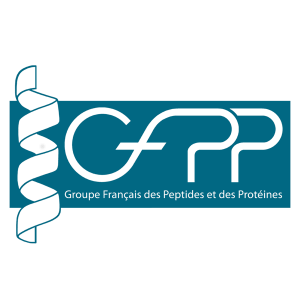 |
 |
Visiteurs 32444 Pages vues 57419 |
 |
Congrès conjoint franco-italien GFPP24

Autres congrès/écoles thématiques

Articles mis à l’honneur par le GFPP!
| GFPP23 |
| Best poster communication awards |
GFPP23 organized in September 2023 in Fournols (France) gave the opportunity to young talented people to present their research. The selection committee was impressed by the high quality of the poster presentations and has selected two awardees. We warmly thank Genepep for sponsoring the award competition.
GFPP23 awardees are Lucille Weiss (LIT, University of Strasbourg, France) and Francisco Tomas Ribeiro (DBS, University of Lausanne, Switzerland).
| GFPP23 |
| Best oral communication awards |
GFPP23 organized in September 2023 in Fournols (France) gave the opportunity to young talented people to present their latest research. The committee was impressed by the high quality of the oral presentations and has selected two awardees. We warmly thank Genepep for sponsoring the award competition.
GFPP23 awardees are Benjamin Grain (CIIL, Lille, France) and Sonia Khemaissa (LBM, Sorbonne University, France).
| Aurélie Tasiemski |
| The environment shapes immune peptides |
Antimicrobial peptides (AMPs) play a key role in the external immunity of animals, offering an interesting model for studying the influence of the environment on the diversification and evolution of immune effectors. Alvinellacin (ALV), arenicin (ARE) and polaricin (POL, a novel AMP identified here), characterized from three marine worms inhabiting contrasted habitats (‘hot’ vents, temperate and polar respectively), possess a well conserved BRICHOS domain in their precursor molecule despite a profound amino acid and structural diversification of the C-terminal part containing the core active peptide.
| Peter Faller |
| Transporting Cu into Cells with a Peptide |
In Alzheimer’s disease (AD) copper ions accumulates in amyloid plaques, a hallmark of this disease. This copper likely originating from intracellular sources. The Cu in amyloid plaques is bound to its main constituent, the peptide amyloid-β (Aβ). Cu-Aβ can catalyze the production of reactive oxygen species (ROS) in vitro and is thought to contribute to the oxidative stress observed in AD. The paper reports on the development of a novel Cu shuttle able to restore the Cu balance between intra- and extracellular Cu. (more…)
| Jean-Philippe Combier |
| Short peptides to replace chemicals in agronomy |
The current agriculture main challenge is to maintain food production while facing multiple threats such as increasing world population, temperature increase, lack of agrochemicals due to health issues and uprising of weeds resistant to herbicides. Developing novel, alternative, and safe methods is hence of paramount importance. Here we show that complementary peptides (cPEPs) from any gene can be designed to target specifically plant coding genes. (more…)
| Gilles Subra (Zervas Award 2020) |
| Moulding proteins with amino acids |
Gilles Subra received the Zervas award from the EPS in 2022 during the 36th EPS meeting in Sitges (Spain). With this recent article, he shares with us some of the innovative work pursued in his team.
MIP (molecular imprinted polymers) are prepared by polymerizing monomers around a template. After the removal of the template, the cavities in the material will be able to recognise and recapture selectively the molecule of interest. (more…)






